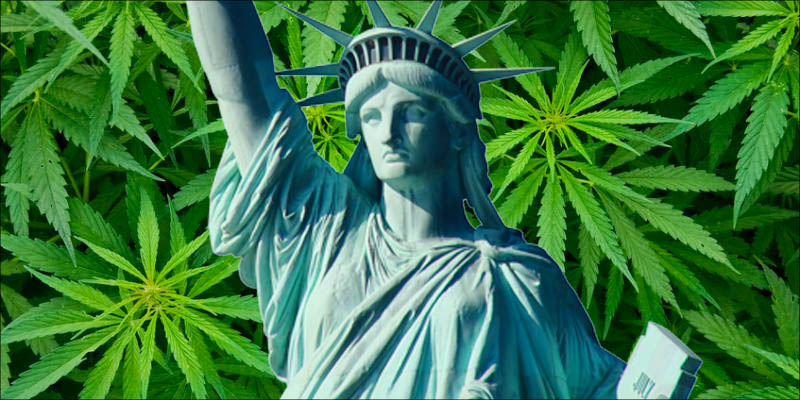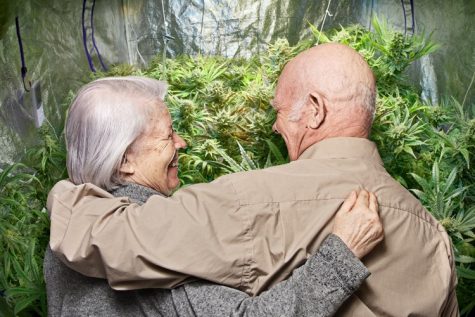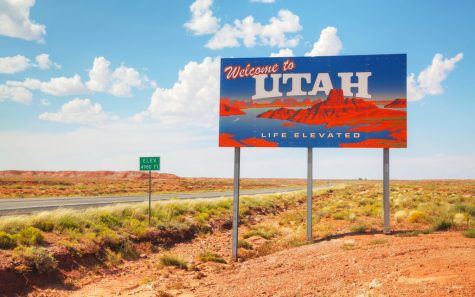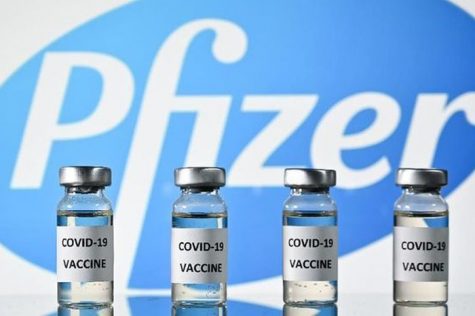New York legalizes adult-use cannabis
On March 31, 2021, Governor Andrew M. Cuomo today signed legislation (S.854-A/A.1248-A) into effect that legalized adult-use cannabis — a move that he had previously vowed to make as part of his 2021 State of the State agenda.
A two-tier licensing structure will be developed as part of the legislation, which will prevent producers and cultivators from owning retail stores. Licenses will be created for both distributors and producers, as well as various other entities. Moreover, New York’s adult-use cannabis law will impose stringent consumer protections, public health rules and quality control regulations.
Individuals who have been unfairly impacted by cannabis prohibition in New York will be assisted by a social and economic equity program. This program will distribute 50 percent of licenses among afflicted farmers, minority or female-owned business enterprises and service-disabled veterans as a means of promoting industry participation.
Cities, towns, and villages have been informed that they can opt-out of on-site consumption licenses and adult-use cannabis retail dispensaries if they enact a local law no later than December 31, 2021; nine months after the effectuation of New York’s adult-use legalization measure.
On top of that, medical cannabis access will be offered to a wider scope of patients as per the legislation, which enables people to qualify with a larger list of medical conditions. In addition to this, the number of caregivers permitted to patients will be increased, and patients will be entitled to grow cannabis from the comfort of their own home.
A new cannabis tax structure will be implemented as part of New York’s adult-use cannabis law
Under the terms of New York’s legal cannabis measure, changes will be made to the method by which cannabis taxes are imposed. Specifically, a weight-based tax is set to be replaced with a per-mg tax for THC products sold at the distributor level. It should be noted that the rate of tax will be dependent on the type of product.
The wholesale excise tax will be shifted to the retail level with a state excise tax of nine percent. Meanwhile, the local excise tax rate will be four percent of the product retail price. Counties are set to bag 25 percent of local retail tax revenue, whereas 75 percent will be allocated for the municipality.
Once cannabis taxes have been accrued, they will be deposited directly into the New York state cannabis revenue fund; designed to cover the costs of law and program implementation. Any leftover funding will be allocated as follows:
- 20 percent to Drug Treatment and Public Education Fund
- 40 percent for education
- 40 percent for community grants reinvestment fund
Other facets of New York’s adult-use cannabis bill
A five-member board is yet to be chosen for the establishment of New York’s Office of Cannabis Management (OCM). This independent office will be responsible for imposing an all-encompassing regulatory framework that rules over all medical and adult-use cannabinoid hemp. It will function as part of the New York State Liquor Authority.
Although the sale of hemp flower will be allowed under New York’s cannabinoid hemp program, smokable forms of cannabis will only be permitted once adult-use retail stores are officially in operation.
In regards to personal possession and home cultivation, a number of conditions will apply. They are as follows:
- Outside-of-home personal possession: Consumers can carry up to three ounces of cannabis and 24 grams of cannabis concentrate on their person.
- Home possession: Limits have been amended and all cannabis must be stored securely out of children’s sight.
- Home cultivation: Adults aged 21 and over will be allowed to grow three mature plants and three immature plants. Additionally, six mature and six immature plants can be grown per household.
Criminal Justice and Record Expungement also constitutes an important part of New York’s adult-use cannabis measure. Following a restructuring of the cannabis penalty framework, possession and sale penalties will be reduced.
Additional funding will be used by law enforcement and drug recognition professionals to enhance roadway safety; cannabis consumption penalties will not be changed as per New York’s adult-use cannabis bill. Furthermore, a public health and education campaign will be launched to safeguard regional health and safety.













